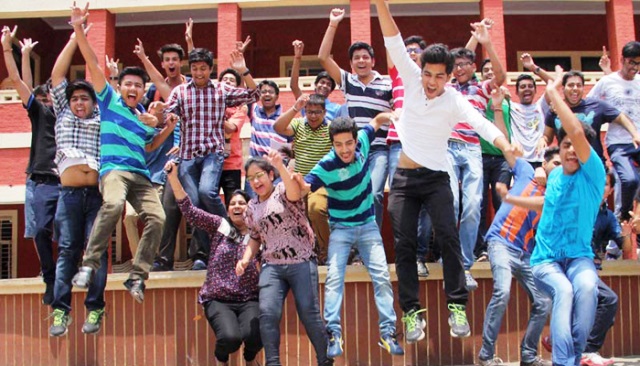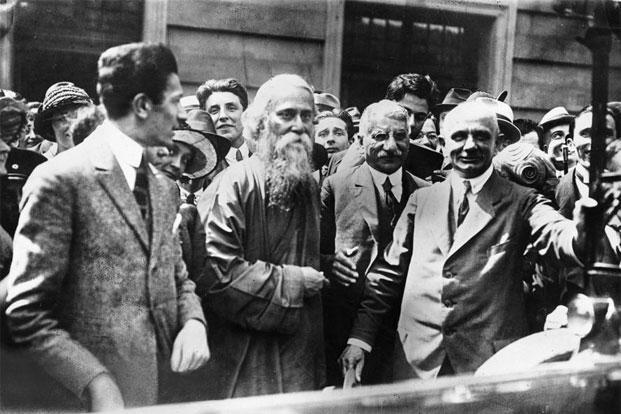Money is important for the fulfillment of basic human needs but when it is misused or employed as a tool for the appropriation of others, injustice is perpetuated. The piece explores the tricky dialectics of the resource.
Samhita K is a Research Associate at National Institute of Advanced Studies, IISc. Campus, Bangalore, India.
Money refers to an item or verifiable record that is usually accepted as payment for goods and services and repayment of debts in a particular country or socio-economic context. The primary functions of money are as a medium of exchange; a unit of account; a store of value; and, sometimes, a standard of deferred payment. Any item or verifiable record that fulfills these functions can be considered as money.

Hankering after money in the twenty-first century is a run-of-the-mill phenomenon because it has become so essential to fulfill one’s life goals. Money is perceived by many as a means to an end, a medium which enables one to acquire something, be it a good or a serve. Hedonism has existed since time immemorial as a fundamental quality of humans. One cannot escape from its shackles easily. In philosophy, hedonism is defined as the ethical theory that pleasure (in the sense of the satisfaction of desires) is the highest good and proper aim of human life.
Indeed money provides happiness but does it provide self-satisfaction and contentment? Does it slip away ephemerally or does it stick deep in the skin? It all depends on what the money is used for. If the money is utilized for buying things then its importance or value may fade with time. On the contrary, if money is made use of to create experiences and memories, it gives satisfaction. Although this is generally true, there are exceptions to the rule. One may argue that buying a novel gives both happiness and contentment because of the multiple benefits the book provides. It not only serves as an intellectual source but also enables a mental journey in the process of reading and thereby creates memories. Thus money has the capacity to make life meaningful, which is arguably the ultimate goal of existence.
There is beauty in the things money can do. It can enhance your lifestyle, bring moments of joy, euphoria and can inculcate a feeling of self-esteem and build your morale. It is only through spending money that many of life’s joys can be experienced. Commencing from sensation-seeking behaviour, food, clothes, housing, property, technology, ornaments, travelling, adventure sports, earning one’s livelihood, celebrating festivals, hosting a celebratory party, altruistic acts like charity, helping others, going to the world’s top-notch universities, buying rare manuscripts, and a host of other stuff, money does the talking. Unless the barter system returns in full glory or there is a Utopian world where the government makes everything free of cost, which one could label ‘free economy’, the importance of money cannot be shrugged off.
How does one earn the money happily with a great amount of job satisfaction? It’s only possible if one pursues what one is truly passionate about. Unfortunately a meagre number of people work in dream jobs with immense job satisfaction. The reason for this turmoil is the mismatch between the workplace and the educational institutions. What is preached is not practised. What is taught and learned is not implemented, due to the difference in the demand of the job. In order to peter out this humongous discrepancy, vocational education and training and industry training must be given in academic institutions. In the meanwhile, the nature of jobs must be altered to render it less monotonous and more constructive. A regulating body that monitors the activities of institutions and organizations must be set up so that there is a match between ‘practice’ and ‘preaching.’ This regulatory body must have both Indian and foreign personnel to make its functioning more objective and up to the mark of international standards. Ideally, industrial psychologists, organizational behaviour experts, ergonomics experts or human factors engineering experts, academicians, researchers, and others must constitute this body of governance. That way, it will also attract foreign human capital into India, thus paving the way to increased work standards and multicultural diversity. For this herculean task too, money calls the shots and the big shots!
Human beings are all quasi rational in their buying and spending behaviour. In other words, the decision-making that goes on in the mind is partly rational, partly subconscious. The media plays a vital role in telling people what to buy and how to spend.. The television doesn’t show advertisements of handmade products.
Thus people tend to buy goods based on factors like esteem, eliteness and so on. Such phenomena are dealt with in behavioural economics, which incorporates the study of psychology into the analysis of the decision-making behind an economic outcome, such as the factors leading up to a consumer buying one product instead of another.
Money is thus a weapon in disguise. It can make or break one’s life. Judicious and sage investments are advisable to avoid losing money. Capricious behaviour must be avoided. Money makes the world go round and money talks when nobody watches. Bribes, corruption, Red Tapism, Nepotism, etc belong to the flipside of the use of power and money. “Money is a kind of poetry”, says Wallace Stevens. One can’t agree with him more. How one makes use of money decides whether the resultant poem is going to be a dark poem or an ode.
The New Leam has no external source of funding. For retaining its uniqueness, its high quality, its distinctive philosophy we wish to reduce the degree of dependence on corporate funding. We believe that if individuals like you come forward and SUPPORT THIS ENDEAVOR can make the magazine self-reliant in a very innovative way.














